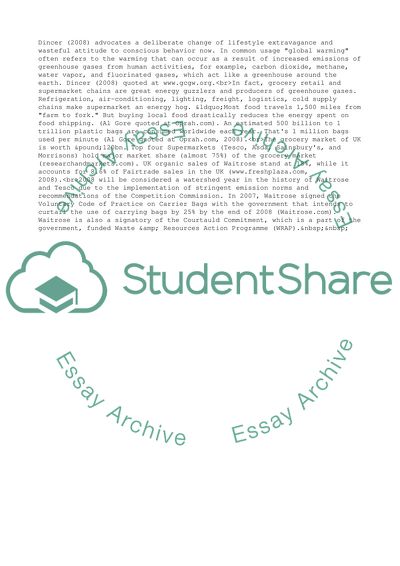Cite this document
(Social Corporate Responsibility between Waitrose and Tesco Essay, n.d.)
Social Corporate Responsibility between Waitrose and Tesco Essay. Retrieved from https://studentshare.org/management/1712255-social-corporate-responsibility-between-waitrose-and-tesco-international-management-field
Social Corporate Responsibility between Waitrose and Tesco Essay. Retrieved from https://studentshare.org/management/1712255-social-corporate-responsibility-between-waitrose-and-tesco-international-management-field
(Social Corporate Responsibility Between Waitrose and Tesco Essay)
Social Corporate Responsibility Between Waitrose and Tesco Essay. https://studentshare.org/management/1712255-social-corporate-responsibility-between-waitrose-and-tesco-international-management-field.
Social Corporate Responsibility Between Waitrose and Tesco Essay. https://studentshare.org/management/1712255-social-corporate-responsibility-between-waitrose-and-tesco-international-management-field.
“Social Corporate Responsibility Between Waitrose and Tesco Essay”, n.d. https://studentshare.org/management/1712255-social-corporate-responsibility-between-waitrose-and-tesco-international-management-field.


